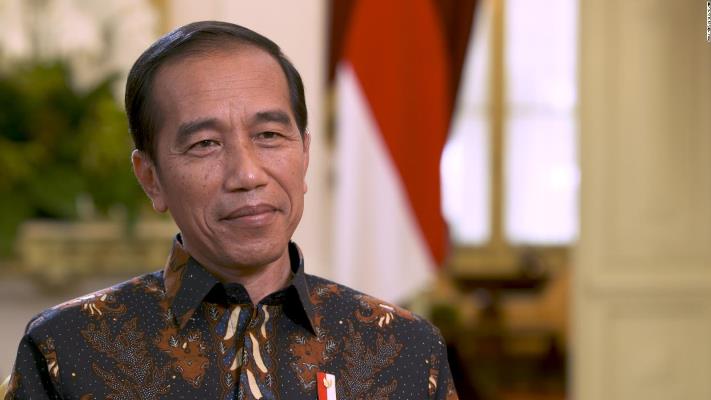News
Indonesian president halts pre-marital sex Bill
Indonesian President Joko Widodo has postponed a vote that could have criminalized consensual extramarital sex after an outcry from human rights groups worldwide.

President Joko Widodo
Indonesian President Joko Widodo has postponed a vote that could have criminalized consensual extramarital sex after an outcry from human rights groups worldwide.
The vote would have been on a new penal code, which the government agreed on last week. The code was set to pass into law this week, with lawmakers describing the vote as a formality. The code would also have effectively outlawed same-sex relations and made it a criminal offense to insult the president.
In a televised address on Friday, Widodo said he decided to postpone the vote after “seriously considering feedback from different parties who feel objections on some substantial content of the criminal code.”
“There are some contents that need an in-depth study,” he said. “In that case, I ordered (the) Law and Human Rights minister to deliver my standpoint to Parliament. I also ordered Law and Human Rights Minister to gather feedback from the public again as an input for a better criminal code.”

Students Rioting on the streets… Internet photo.
News of the code drew international criticism, with Human Rights Watch describing the draft code as “disastrous not only for women and religious and gender minorities, but for all Indonesians.”
Rights groups said the law would discriminate against members of the LGBT community, while articles such as the criminalization of insulting the president may limit freedom of speech.
Even national governments began to warn their citizens of the new code — Australia issued a travel advisory specifically pointing to the revised code and the harsh penalties.
The new criminal code has been in the making for decades. It was reintroduced in 2015, and was set to replace the 100-year-old Dutch colonial-era penal code.
Under the draft code, unmarried couples who are reported to police for living together could be sentenced to six months in prison.
“Obscene acts” could be punished with a penalty of up to six months in prison — meaning same-sex relationships could be targeted and effectively criminalized.
Anyone who helped a woman terminate her pregnancy could also face five years in jail.
The code was expected to go to a parliamentary plenary session on 23rd September, and would come into effect two years after being ratified.
Comments




















